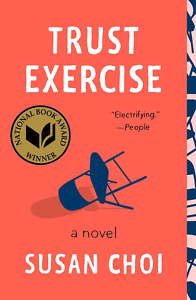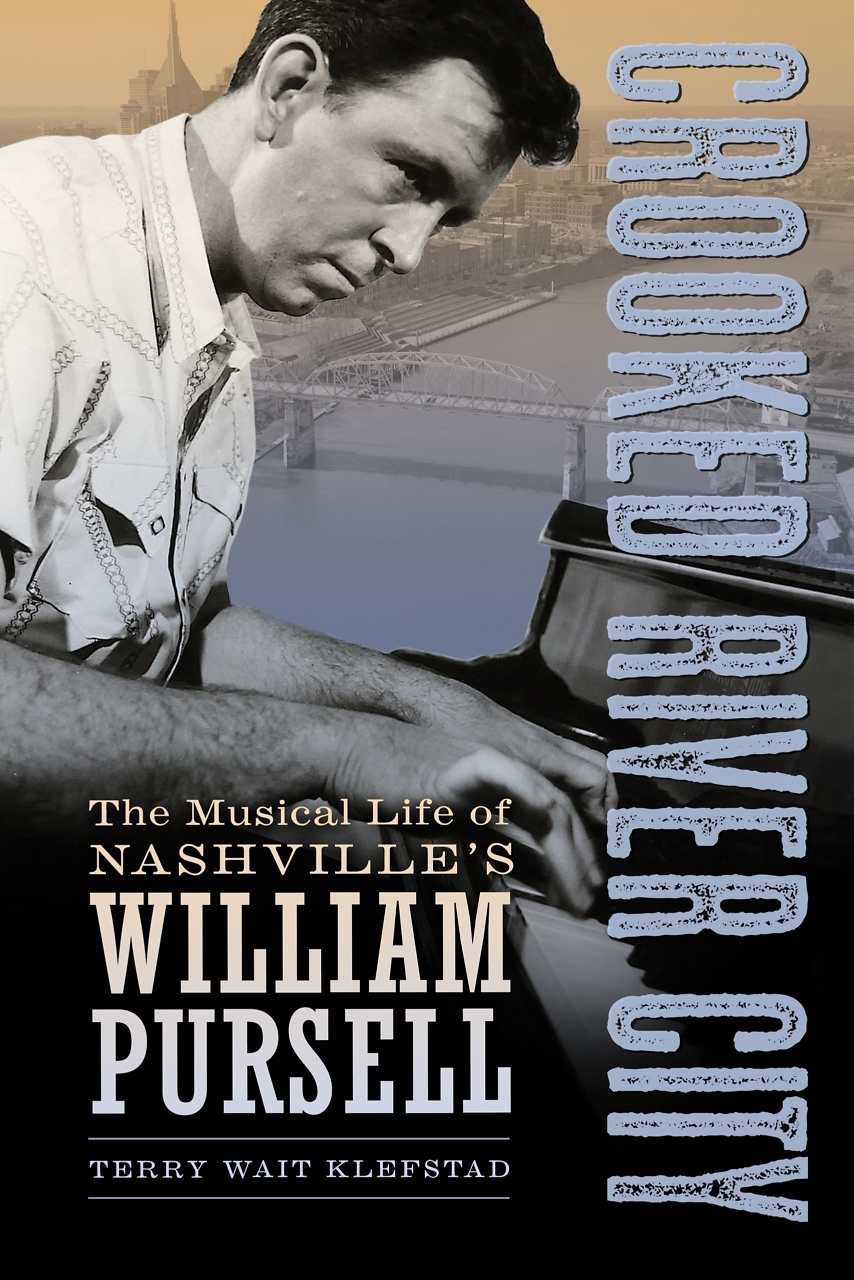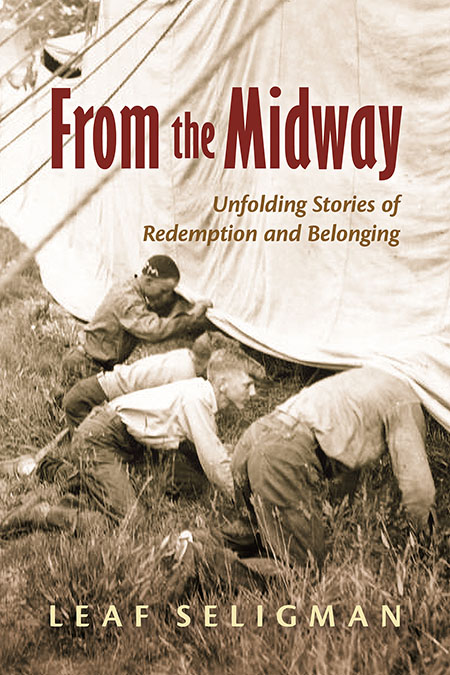Unreliable Narrators
Susan Choi sets her novel Trust Exercise at the intersection of fact and fiction
Speaking about her National Book Award-winning, Pulitzer-nominated, and much discussed 2019 book Trust Exercise, Susan Choi told The Guardian that “it’s a novel that begins with a group of young people at a performing arts school in the 1980s and follows them through a variety of events in their lives … and that’s all I say.”

This is a true, if maddeningly incomplete, statement. But Choi’s reticence is a good thing: better that Trust Exercise’s brilliance is allowed to sneak up on readers, in the best possible way, and then give them plenty to sink their teeth into.
The first section of the novel — one of three, all also titled “Trust Exercise” — tells the story of Sarah and David, both 15, who in the early 1980s attend the Citywide Academy for the Performing Arts, located in a large, sprawling Southern city reminiscent of Houston: “At CAPA, the first-year Theatre Arts students studied Stagecraft, Shakespeare, the Sight-Reading of music, and, in their acting class, Trust Exercises, all terms they were taught should be capitalized as befitted their connection to Art.” Early in their freshman year, Sarah and David forge a manic bond that is more chemical than relational, and they spend the following summer furiously and furtively consummating it. Then comes sophomore year.
“Remember the impossible eventfulness of time,” the narrator implores the reader, “transformation and emotion packed like gunpowder into the barrel. Remember the dilation and diffusion, the years within days. Theirs were endless; lives flowered and died between waking and noon.” Indeed, by noon on the first day of the new school year, Sarah’s social world has been almost completely upended, due in part to the machinations of their Theatre Arts teacher, Mr. Kingsley, the aptly named puppet-master of the CAPA universe.
“Mr. Kingsley was,” the narrator says, “impossibly witty and sometimes impossibly cutting; the prospect of talking with him was terrifying and galvanizing; one longed to live up to his brilliance and equally feared that it couldn’t be done. Mr. Kingsley was gay. They lacked the word for it, but intuition supplied the frisson: Mr. Kingsley was not just gay but an iconoclast, the first such they’d ever encountered.” Their teacher plays by none of the traditional rules and is rewarded for it with the starry-eyed devotion of his students and almost no meaningful administrative oversight of his frequently outlandish teaching methods. Students fall in and out of his favor on mysterious whims, and parents are allowed no critique of their children’s routine 12-hour school days.
 Interestingly, Choi herself attended Houston’s High School for the Performing and Visual Arts, but she brushes aside speculation about the connection between the fictional CAPA and her own school experience. She thanks her classmates and teachers in the book’s acknowledgments and describes the real school as “emphatically the right-side-up to my fictional upside-down CAPA, and a place of dreams, not nightmares.”
Interestingly, Choi herself attended Houston’s High School for the Performing and Visual Arts, but she brushes aside speculation about the connection between the fictional CAPA and her own school experience. She thanks her classmates and teachers in the book’s acknowledgments and describes the real school as “emphatically the right-side-up to my fictional upside-down CAPA, and a place of dreams, not nightmares.”
In the second and third sections of the book, Choi begins to inch out from behind the curtain, deliberately juxtaposing the task of storytelling with truth telling in full view of the audience. In their citation, the National Book Award judges said that Trust Exercise “blends the intellectual rigor of post-modern technique with a story that is timely, mesmerizing, and, in the end, unsettling. The exploration of different character perspectives lays bare the myth-making of the self and the damage that storytelling can do to others.”
In addition to its National Book Award and Pulitzer nomination, Trust Exercise was named a best book of 2019 by a slew of publications, including The Chicago Tribune, The Washington Post, Elle, Buzzfeed, Entertainment Weekly, Vanity Fair, New York Magazine, Los Angeles Times, Bustle, Refinery29, Town & Country, Cosmopolitan, The Millions, and TIME.
Though Choi says she completed the first draft of the book before the #MeToo movement went mainstream, she’s nevertheless contributed a vital entry to the canon of the era. Questions of memory, truth, and the performative nature of gender and sexuality, among other heady topics, are explored through her story and characters, as well as the novel’s structure. Her writing is knowing, spare, and exquisite. Inventive and immersive, Trust Exercise is a triumph.

Kathryn Justice Leache lives Memphis, her hometown. She writes for BookPage and serves as social media and promotions coordinator for Novel, an independent bookstore in Memphis


